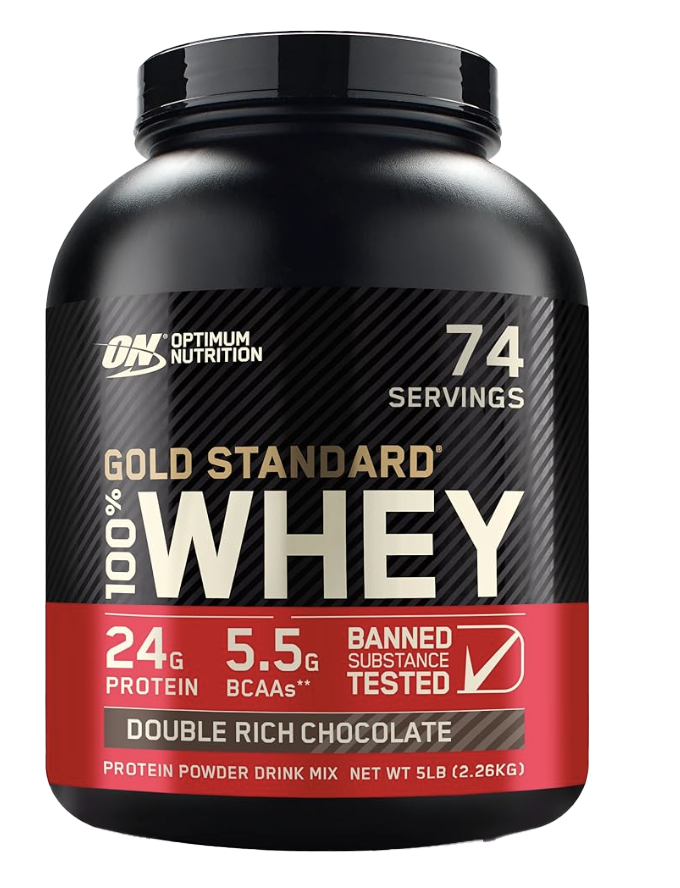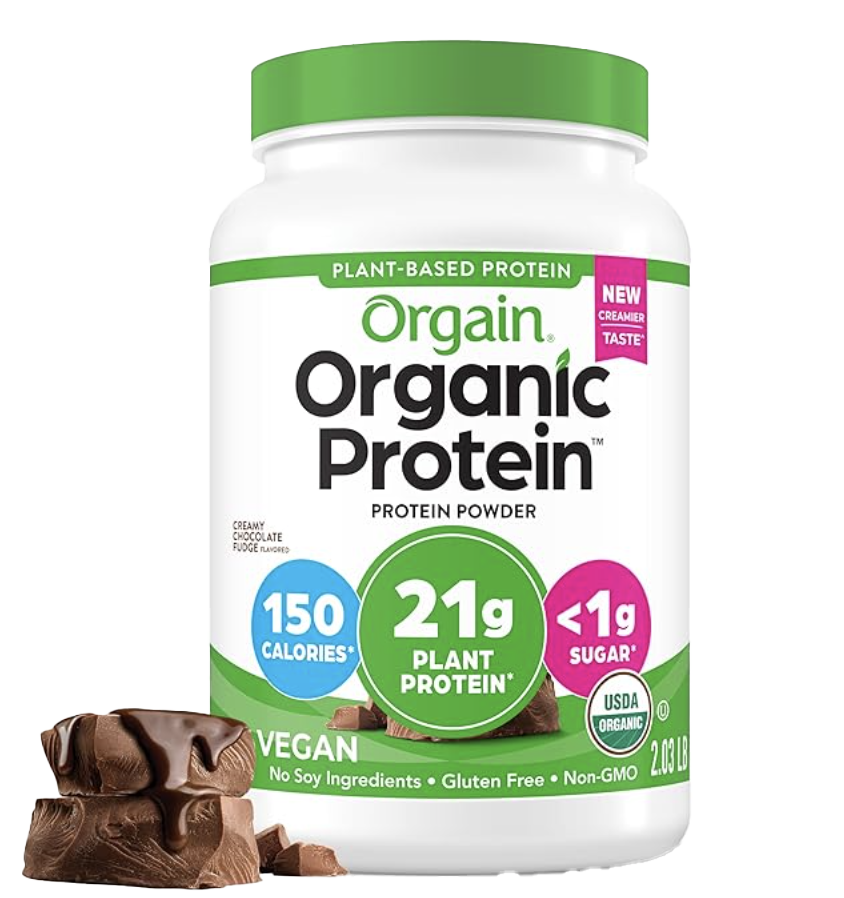Which is Right for You?
In the world of fitness and nutrition, protein powders have become a staple for many seeking to boost their intake. With a growing emphasis on plant-based diets, it’s essential to understand the differences between traditional protein powders and their plant-based counterparts. Here’s a comprehensive comparison to help you make an informed choice.
Types of Protein Powders
- Animal-Based Proteins:
- Whey Protein: Derived from milk during the cheese-making process, whey is a complete protein, meaning it contains all nine essential amino acids. It’s quickly absorbed, making it ideal for post-workout recovery.
- Casein Protein: Also from milk, casein digests slowly, providing a steady release of amino acids. This makes it suitable for use before fasting periods, like overnight.
- Plant-Based Proteins:
- Pea Protein: Made from yellow split peas, it’s rich in iron and contains essential amino acids, though it’s lower in methionine.
- Hemp Protein: This option is high in omega-3 and omega-6 fatty acids and fiber, but it’s not a complete protein due to lower levels of lysine.
- Brown Rice Protein: Often combined with pea protein to create a complete amino acid profile, it’s hypoallergenic and easily digestible.
Nutritional Profile
- Amino Acids: Animal-based proteins are complete and often have higher concentrations of branched-chain amino acids (BCAAs), crucial for muscle recovery. Most plant proteins can be combined (like rice and pea) to achieve a complete profile.
- Calories and Carbs: Plant-based proteins can sometimes have higher fiber content, which may contribute to a feeling of fullness, while whey and casein typically contain fewer carbs.
Digestibility and Absorption
- Whey and Casein: Generally easy to digest for most people, but those with lactose intolerance may experience discomfort with whey and casein.
- Plant Proteins: May be easier on the digestive system for those sensitive to dairy. However, some may find certain plant proteins (like hemp) more fibrous, which can affect digestion.
Environmental Impact
- Animal-Based Proteins: The production of whey and casein has a larger carbon footprint and requires more resources compared to plant-based options.
- Plant-Based Proteins: Generally considered more sustainable, with lower greenhouse gas emissions and less land and water usage.
Taste and Texture
- Whey and Casein: Often praised for their creamy texture and versatility in smoothies, shakes, and baking.
- Plant-Based Options: While improving, some users find that plant proteins can have a gritty texture or distinct flavor. Blends (like pea and rice) often help enhance taste and texture.
Price
- Animal-Based Proteins: Typically, whey protein can be more affordable compared to high-quality plant proteins, though prices can vary significantly.
- Plant-Based Proteins: May be pricier due to sourcing and production processes, especially for organic varieties.
Conclusion
Choosing between protein powders and plant-based options largely depends on your dietary preferences, nutritional goals, and lifestyle.
- If you’re looking for quick recovery post-workout and don’t have dietary restrictions, animal-based proteins like whey or casein might be the way to go.
- For those following a vegan diet or seeking more sustainable options, plant-based proteins can offer excellent benefits when combined for a complete amino acid profile.
Ultimately, the best choice is one that aligns with your nutritional needs, personal values, and taste preferences. Experimenting with different types might help you find what works best for you!
#Comparing Animal and Plant Based #Protein Powders #whey #Casien #pea #hemp

Orgain Organic Vegan Protein Powder, Creamy Chocolate Fudge – 21g Plant Protein, 7g Prebiotic Fiber, No Lactose Ingredients, No Added Sugar, Non-GMO

Health Supplements, Fitness, Gear and Wellness Products
